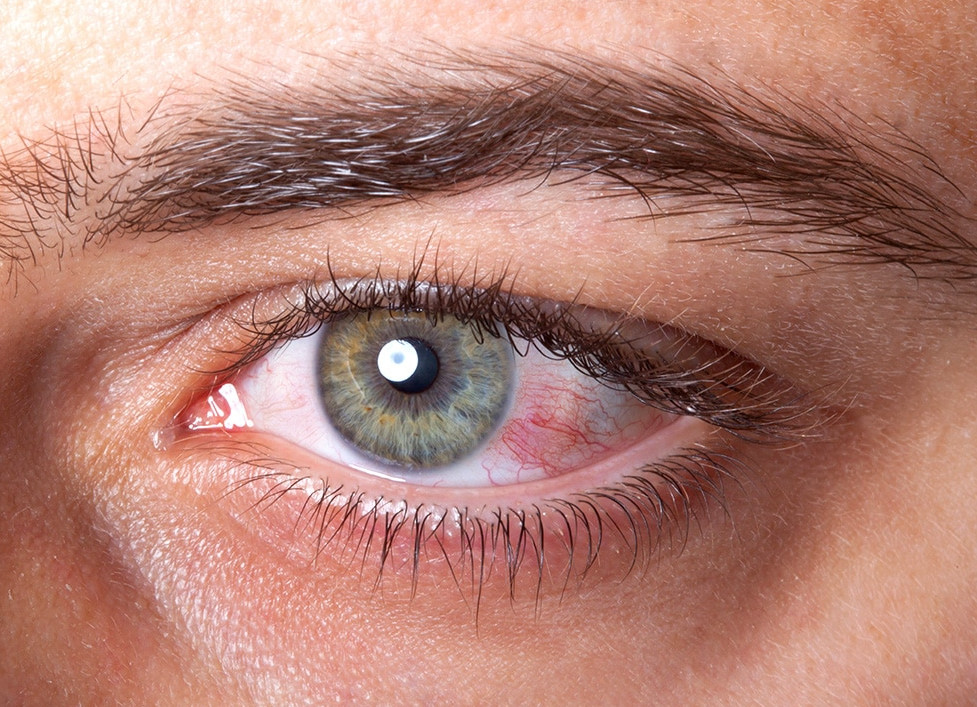More tips to cope with stress, a topic we previously addressed in this post.
Manage your time: Feeling overwhelmed by tasks and responsibilities can contribute to stress. Make a to-do list and prioritize tasks based on importance and urgency. Break large tasks into smaller, more manageable ones.
Avoid unhealthy coping mechanisms: While it may be tempting to turn to alcohol, drugs, or junk food to cope with stress, these habits can actually make the situation worse. Instead, try healthier coping mechanisms such as exercise or talking to a friend.
Practice mindfulness: Mindfulness is the practice of being present in the moment and focusing on your thoughts and feelings without judgment. This can help reduce stress and promote relaxation.
Take breaks: It’s important to take breaks throughout the day, even if it’s just for a few minutes. Take a walk, stretch, or do something enjoyable to help reduce stress.
Address underlying issues: Sometimes, stress can be a symptom of an underlying issue such as anxiety or depression. If you find that you are struggling to cope with stress, it may be helpful to seek professional help to address these underlying issues.
Remember that coping with stress is a process, and it may take time to find what works best for you. Be patient with yourself and don’t be afraid to seek help if you need it.



